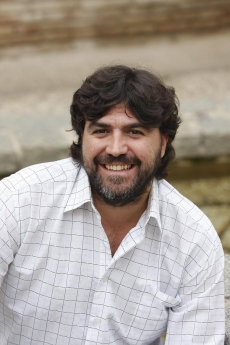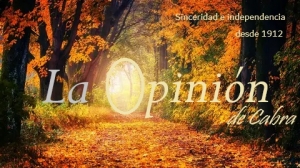|
|
The English corner: NORTH & SOUTH
29.06.11 - Escrito por: Alex García Rosal
 And this is not that Patrick Swayze´s series of the 80´s. And this is not that Patrick Swayze´s series of the 80´s.
This is just the difference between the two poles of the country that, unbelievably, nowadays still exist.
These differences make regions rich or poor, and also mark idiosyncrasy of their people, marking also sometimes their fates too.
Historically, the differences have been about richness and opportunities. These opportunities that can run away of your hands when someone does not treat you fair and right.
And this is what has happened in the case of Cordoba and the contest about the Cultural European Capital City.
I´ll try not to say things that have already been said, but I will also try to remark one aspect, without taking into account political reasons, Cordoba was, and keeps being, the favorite city to gain the recognition.
But things are like they are, not as we would like them to be.
I remember when I heard from the ancient people, great source of knowledge, “things are like they are”. And they seem to be right, as everyday things happen that make this statement true.
Spanish people are a town used to manage the defeat. We are specialist in managing the defeats along our history, and this is a virtue. And that brings us to be great martyrs.
Sometimes we spend more time in crying our defeats than in trying to solve our own mistakes. But this is another war.
To know how to lose is the best example of Fair Play, and Spaniards know quite a lot about that.
We are quite Quijotes and we had our own cases to support that. Cases that support that fatalism ran after us.
But one day, Casillas rose to the heaven the World Cup, and every one of us thought that Luck had changed. The Curse after us has disappeared. We sent Murphy to hell, whether we made a thing right the result would be good, whether we played the best, we would win.
We were free again and our goals would be gained only due to right and fair reasons. And we started to believe again.
But tales not always end well.
Unfortunately, everyday affairs show us that life is not fair, and that, as old people used to say, Things are like they are.
|
|
|
|

|
|

